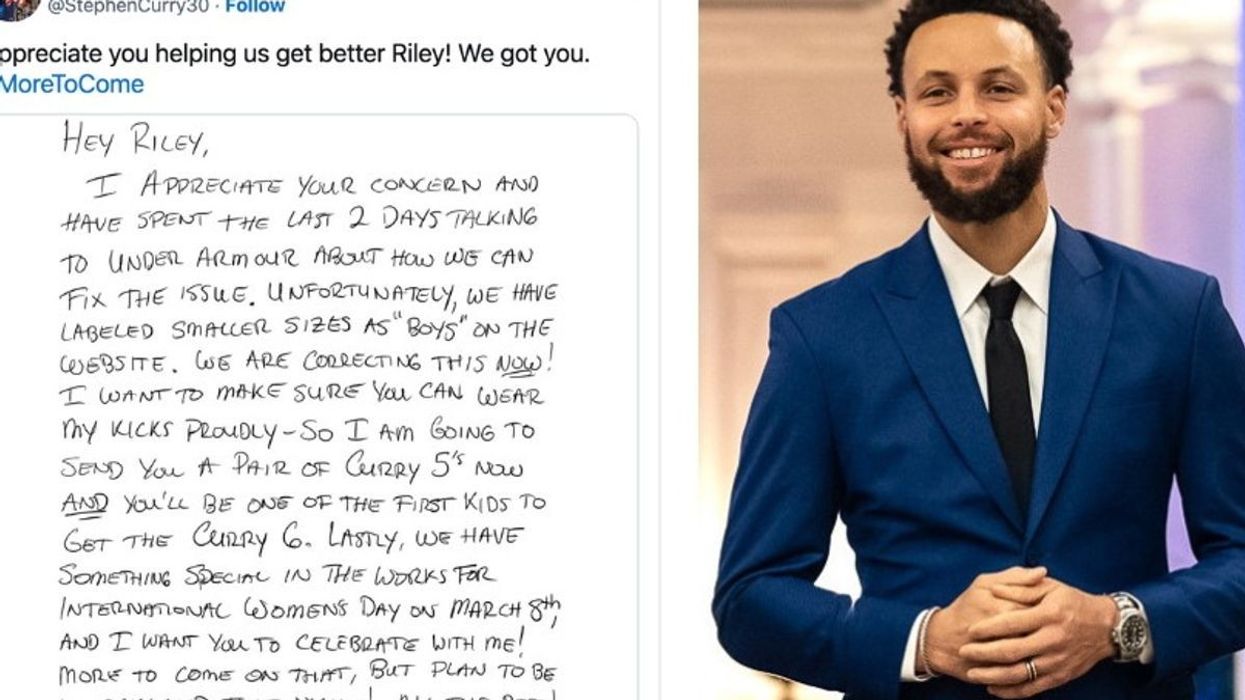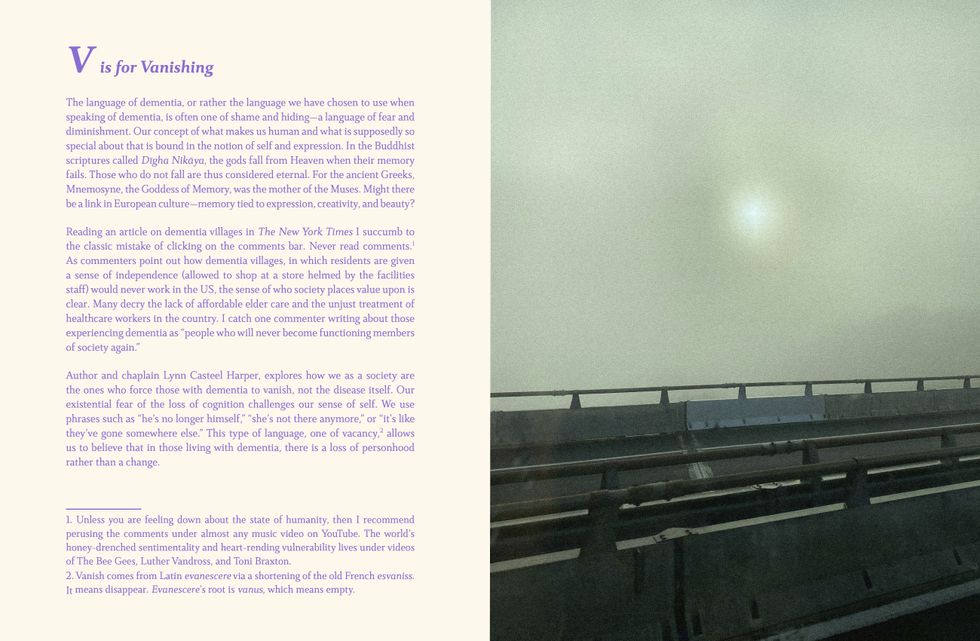As of yesterday, the second day of National Library Week, the American Library Association is suing the president.
When he signed the Executive Order “Continuing the Reduction of the Federal Bureaucracy” on March 14, Trump dissolved many governmental institutions, among them the United States Interagency Council on Homelessness, the Minority Business Development Agency, and the Institute of Museum and Library Services, referring to these and others as “unnecessary governmental entities.” This is all part of his plan, as the White House has shared, to remove what he believes are “frivolous expenditures that fail to align with American values or address the needs of the American people.” Librarians are having none of it, especially since libraries have long been at the forefront of American needs for not just literacy and education, but community, advocacy, and more.

“Today we filed suit in federal court to halt and reverse the gutting of the only federal agency dedicated to library funding,” the American Library Association shared on Instagram yesterday. “The President does not have the authority to destroy a federal agency.” With the American Federation of State, County & Municipal Employees (AFSCME), which is the country’s “largest union representing museum and library workers,” the ALA will ask that the Institute of Museum and Library Services (IMLS) be maintained.
Created in 1996, the IMLS’s mission is “to advance, support, and empower America’s museums, libraries, and related organizations through grantmaking, research, and policy development.” They work toward helping Americans get access to institutions like these and the materials in them, developing community, and preserving archives, among many other initiatives. Because IMLS offers grants to financially support institutions like museums and libraries, of which there are 125,000 in the country, its dissolution means many are now in danger. “Defendants’ actions threaten libraries, museums, and the millions of people who rely on them across the nation,” the suit shares. Indeed, in addition to the ALA and AFSCME, there are 21 entire states suing the president for the same reason.
Librarians and the ALA are outspoken in their advocacy efforts, working against censorship, promoting the freedom to read, reminding people why libraries are essential and why book bans are repressive. In the face of oppressive and anti-intellectual book challenges, for example, they created United Against Book Bans, a movement which “connects, equips, and mobilizes the public to advocate in their communities for the right to read and to defeat attempts at every level of government to censor reading material.” They’ve also compiled each year’s most challenged books into a list and shared information as to why each of them is important. The most recent iteration of this list is the “Top 10 Most Challenged Books of 2024,” (see below) recently published in their annual “The State of the Library” statement. They’ve also tirelessly promoted literacy, celebrated library workers, championed access and funding, and so much more.
“Libraries play an important role in our democracy, from preserving history to providing access to government information, advancing literacy and civic engagement, and offering access to a variety of perspectives,” American Library Association President Cindy Hohl said in a press release about the lawsuit. “These values are worth defending. We will not allow extremists to threaten our democracy by eliminating programs at IMLS and harming the children and communities who rely on libraries and the services and opportunities they provide.”
You can join the ALA and AFSCME in their efforts to reverse the decision to eliminate IMLS in several ways, all listed here on their website.


















 The contestants and hosts of Draggieland 2025Faith Cooper
The contestants and hosts of Draggieland 2025Faith Cooper Dulce Gabbana performs at Draggieland 2025.Faith Cooper
Dulce Gabbana performs at Draggieland 2025.Faith Cooper Melaka Mystika, guest host of Texas A&M's Draggieland, entertains the crowd
Faith Cooper
Melaka Mystika, guest host of Texas A&M's Draggieland, entertains the crowd
Faith Cooper


 It's a beautiful day outside Wrigley Field. | It's a beautif… | Flickr
It's a beautiful day outside Wrigley Field. | It's a beautif… | Flickr

 Selection from Magali Duzant's La vie is like thatMagali Duzant
Selection from Magali Duzant's La vie is like thatMagali Duzant Selection from Magali Duzant's La vie is like thatMagali Duzant
Selection from Magali Duzant's La vie is like thatMagali Duzant Selection from Magali Duzant's La vie is like thatMagali Duzant
Selection from Magali Duzant's La vie is like thatMagali Duzant Selection from Magali Duzant's La vie is like that featuring her father, Jean Gérard Benoît Duzant, as a young man.Magali Duzant
Selection from Magali Duzant's La vie is like that featuring her father, Jean Gérard Benoît Duzant, as a young man.Magali Duzant
 Books at the first meeting of the Fiction Revival book clubYahdon Israel
Books at the first meeting of the Fiction Revival book clubYahdon Israel Attendees at the first Fiction Revival meeting.Yahdon Israel
Attendees at the first Fiction Revival meeting.Yahdon Israel Attendees at the second Fiction Revival meeting.Yahdon Israel
Attendees at the second Fiction Revival meeting.Yahdon Israel